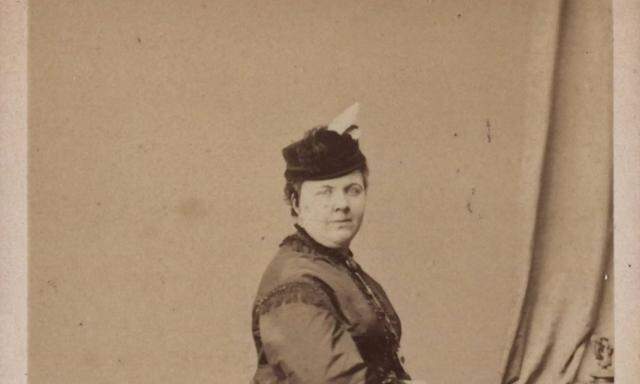Vienna Phil will play woman’s work on New Year’s Day
OrchestrasRiccardo Muti will conduct the annual Strauss fest for the seventh time… so not many surprises. Except for the appearance of Constanze Geiger in the second half. She’s a little-known 19th century composer and singer.
Here’s the rundown.
Part 1
1. Johann Strauß Senior Freiheits-Marsch
2. Josef Strauß Do
3. Johann Strauß Demol
4. Johann Strauß Lagun
5. Eduard Strauß Luftig und duftig, Polka schnell, op. 206
Part 2
6. Johann Strauß
7. Johann Strauß Accel
8. Joseph Hellmesberger Fidele Brüder, Marsch aus „Das Veilchenmädel“
9. Constanze Geiger Ferdinandus
10. Johann Strauß Entwe
11. Josef Strauß Tr
12. Johann Strauß
13. Johann Strauß Trits
14. Johann Strauß Wein, Weib und Gesang, Walzer, op. 333






Comments